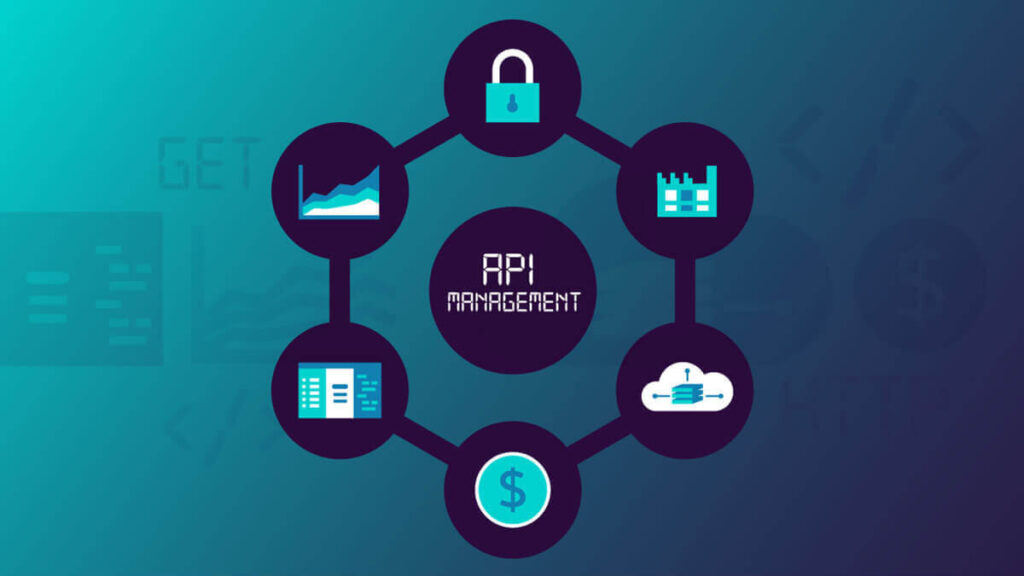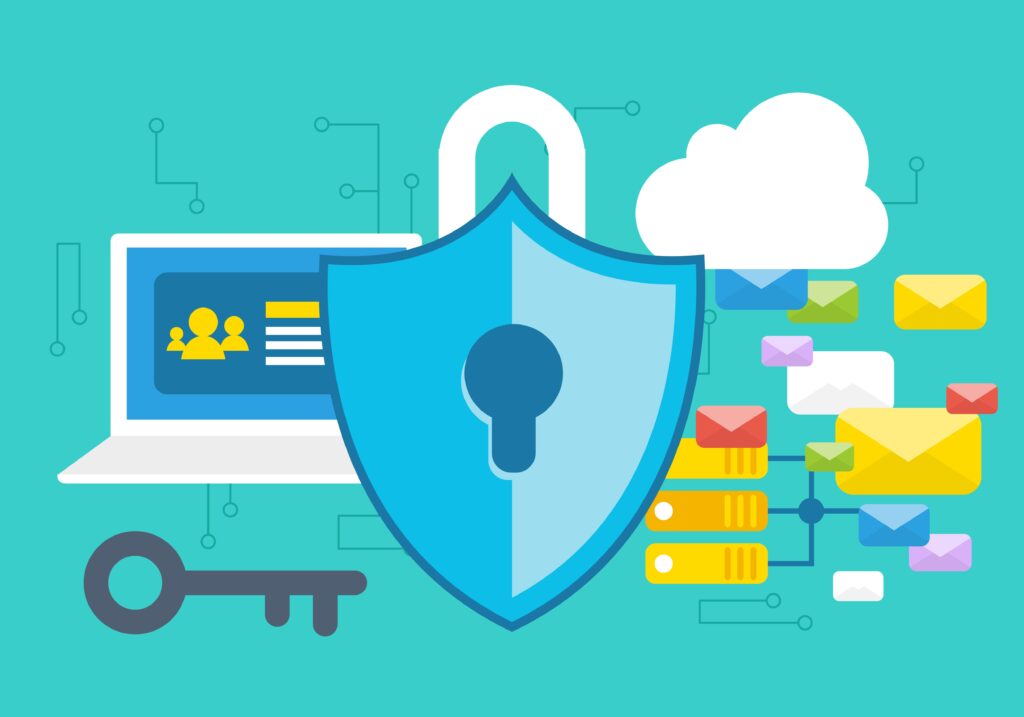IT security is one of the most important considerations for any modern business. It’s estimated that over 2,200 cyberattacks happen every day around the world and their effects on businesses can be devastating. A successful cyberattack can damage key IT systems, requiring time and money to be spent to repair and clear the malware from applications and business platforms.
Every year, cybercriminals learn new methods of gaining entry to IT infrastructure and there’s an ongoing race between cybercriminals and IT security companies to develop and protect against the latest cyberthreats. Technology plays a key role in the fight against cybercrime. As advances in technology occur, they may help IT specialists to identify or protect against some of the emerging threats that pose a risk to all businesses that have online operations.
In this article, two specific examples of how technology is used to improve IT security will be discussed. These should be considered as essential technology for any business that wants to protect themselves from the malicious acts of cybercriminals.
API management platforms

Source: pinterest.com
Millions of businesses around the world have made the transition from having local applications (held on business servers in corporate premises) to internet-based applications that are operated from the cloud. This transition played a key role in allowing staff to work remotely or adopt hybrid models of work. Employees can access these applications from any location that has internet access if they have sufficient clearance and login credentials.
However, any application that’s stored and accessed from an online location may be susceptible to intrusion from cybercriminals. To combat this, businesses typically use an API management platform that has built-in security features. These may include the use of security tokens to authenticate user access to applications and provide assurance that only authorized staff are using the systems.
In addition, an API platform may be able to risk profile the applications that are being managed, controlled, and deployed. Here, information will be relayed to the IT professional, such as if any specific apps are misconfigured or have weak points in their accessing infrastructure which may make them vulnerable to attack. Remedial work can then take place on the platform to secure these applications.
Encryption software

Source: freepik.com
A key form of IT security in the fight against cybercrime is the use of encryption technology. Many consumers will be aware that when they make a payment on an online site, their card details and personal information will be encrypted. This involves converting the information from a readable text form into ciphertext which can’t be understood by any third party that intercepts the information. The information is then decrypted by using a specific key to make the information readable once more.
In short, any firm that stores or transmits sensitive data (such as customer details or financial information) needs to ensure that the data is encrypted so the risk of data breaches are minimized.
To sum up

Source: freepik.com
API management platforms now feature a suite of protective measures that help to ensure that cloud-based applications remain safe and are free from unauthorized access or intrusion. In addition, the use of encryption technology is required for any business that transmits or stores sensitive data as this helps to keep the information safe and illegible if it were to be intercepted.